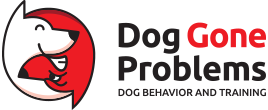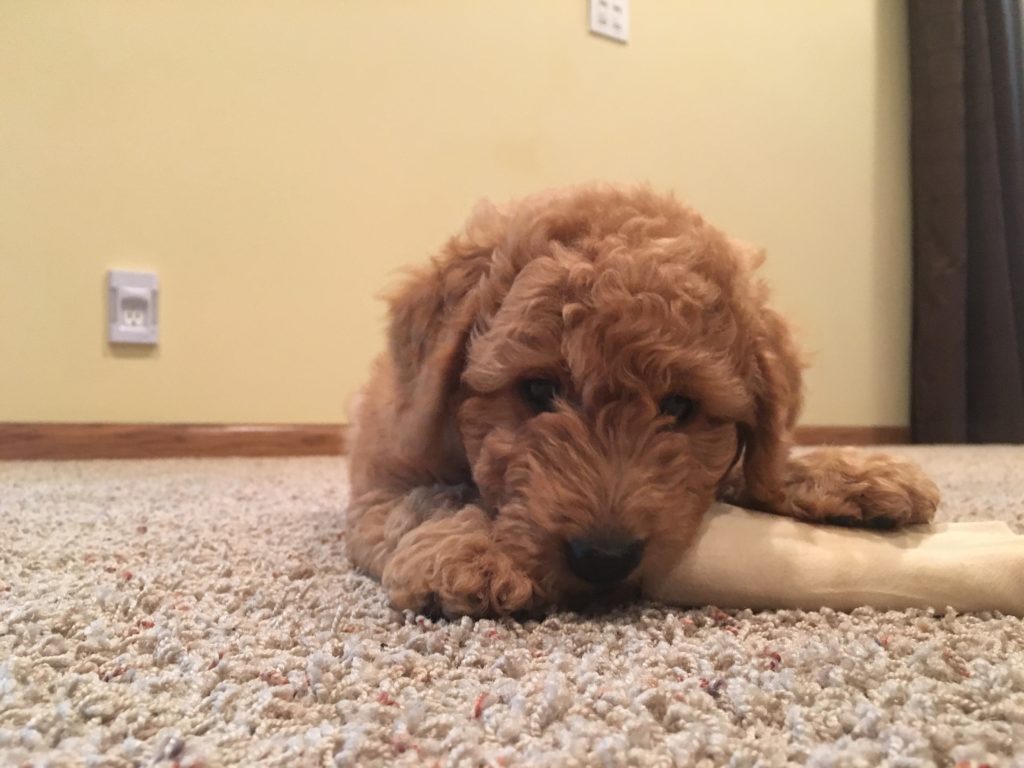A Goldendoodle Pup Gets Some Early Training – Puppy School is in Session!
By: David Codr
Published Date: August 18, 2016
Snoop is an eight-week-old Mini Goldendoodle who was just adopted a few days ago. His guardians set up a puppy training session with me to help with potty training, stop puppy chewing and some other puppy obedience basics.
I was chuckling when I laid eyes on Snoop for the first time. Coming from a litter of only two dogs, he didn’t have to compete for food from his mother. As a result he was a little bit rotund in the middle, lol.
Snoop’s guardian had reached out to me before getting the dog to make sure that he started off on the right track. I had given him some advice about setting up a playpen so we started things off by checking that out.
Snoop’s guardian had elected to set up the playpen in his children’s playroom. While this could work, I saw some potential issues with the location. Just like young children, there are times where you want the puppy to go to sleep or take a nap. But because the playpen was in an area that the children are apt to congregate in, this may make that a challenge.
I also recommended that he do away with the automatic food feeding device. I’m a big believer in having puppies earn their food for the first month or so of their life. I suggested that he look into some treat dispensing toys and fill them up with the dog’s dry kibble.
Using toys to distribute food to a puppy serves several purposes; first and foremost it occupies their time. In the wild dog spend up to 90% of their time looking for food. Additionally, this helps get the dog used to playing with appropriate dog toys and getting rewarded for doing so.
When Snoop gets 3-4 months, his guardians can go to a food bowl. Once they do I suggested that they practice petting him while he eats and occasionally drop a few really high value meat treats or a spoonful of canned food to the bowl of dry kibble. This way the dog doesn’t feel the need to protect his food as when humans approach, it means they are here to pet them or add in some better food.
Using toys to deliver food is one of the many advantages you have when using a doggie playpen. You get to control what your dog has access to. Many puppies get into bad habits simply because they can. By restricting what furniture, shoes, clothing, carpet your dog has access to, they simply don’t get into a habit of chewing these things up.
I spent a couple of minutes going over some other basic tips and puppy training tricks that will help the guardians get Snoop started off on the right foot.
I also strongly recommended that Snoop get into a puppy socialization class. These classes are key in helping a dog to learn to develop social skills and some basic obedience. Id say 90% of the people who hire me to fix their dog problems are people who didn’t take their puppy to these classes. If you have a puppy, get him or her enrolled into one of these 4 – 8 week puppy classes as soon as you can.
There are a lot of little things that you can do to raise a well-rounded and confident pup, but the most important is to properly socialized the dog.
Dogs are born without fear. It starts being added into their repertoire about three weeks of age and continues until they reach 12 or 14 weeks. During this time period, referred to as the Critical Socialization Period, a puppy’s mind is like a sponge. Anything it is exposed to in a positive way once or twice during this period will become something that the dog does not fear for the rest of its life.
If you have ever met a dog who is frightened of music, motorcycles, someone wearing a hat, thunderstorms, etc. it’s likely that that puppy did not experience those things in the first three months of their life.
To make sure that Snoopy is well-rounded with plenty of positive experiences I recommended that the guardians download the critical socialization list that I have posted on the Quest Ed section of our website.
Next we were ready to tackle one of the first problem is that any new guardian faces; puppy potty training.
By consistently using the command word, rewarding the dog right after eliminating and providing snoop with access to go at those times that he is most likely to have an accident, the guardians will be able to help him learn that going to the bathroom outside is an act that is rewarded.
We had been spending a lot of time discussing rules, structure and discipline so I wanted to make sure that we covered the lighter side of things. Many people play with their puppies quite a bit so this isn’t something I usually have to touch on to great extent. However I did want to illustrate how easy it is to incorporate play with teaching.
By the end of the session, poor little Snoop was all tuckered out. Most dogs sleep around 17 hours a day, puppies even more. I made sure to explain how important it naps are for the puppies development as well as for it’s learning.
Puppies brains actually re-organize the information that they are exposed earlier to while the pup sleeps. This is why it’s important to incorporate multiple sleep breaks throughout the day. After napping, the dog will be better able to access the information he or she has acquired.
While sleeping helps a dog process what its learned, puppies are somewhat limited. They don’t develop real long term memory until after 6 months of age so if a puppy can do something now but struggles with it later, it doesn’t mean your dog isn’t smart, just that its not mature enough to fully retain what its learned yet.
One last little tip on puppy training. Puppies brain neurons get fatigued quickly. This is why some pups will perform great right out of the gate, but the more you practice, the more failures you get. This is why it’s best to keep training sessions down to two or three minutes each. Capitalize on the success period and always end on a good note before the neurons start getting tired and stop firing properly.
Snoop’s guardians have done a great job of doing their homework before they even brought the dog home. By providing Snoop with a secured playpen they will be able to keep him from developing bad habits such as chewing up furniture or toys. Socializing him to his many experiences as possible before he turns 12 weeks, they will help him become confident and fully prepared to deal with the unexpected for the rest of his life.
The rest of Snoop’s development will be handled through puppy socialization class, training and providing him with structure to make sure he develops the proper respect for his guardians.
Categorized in: Puppy Training




